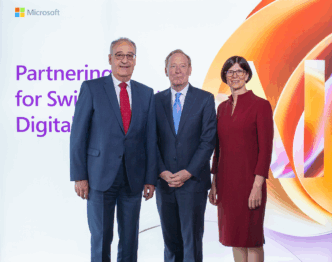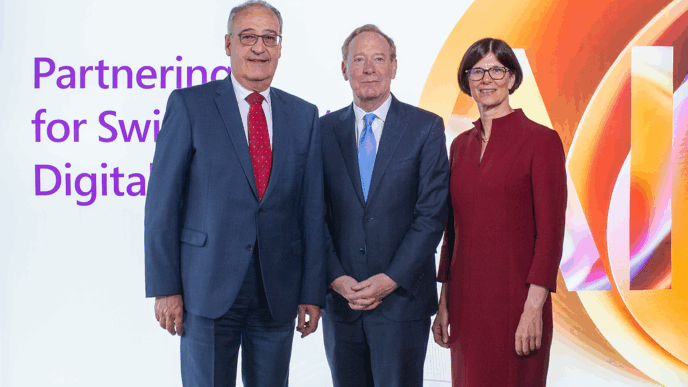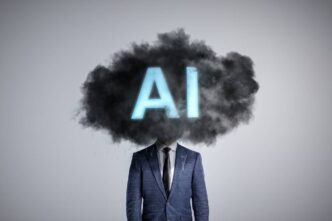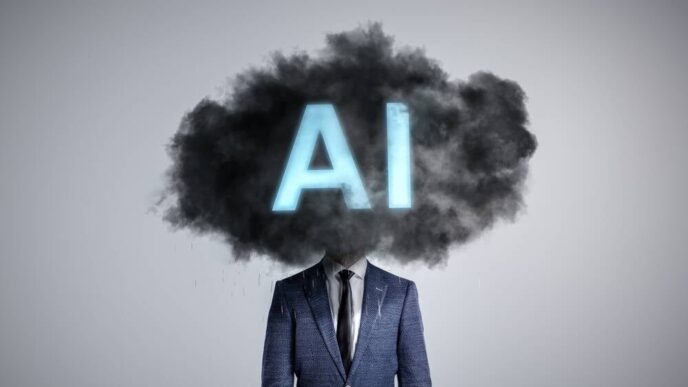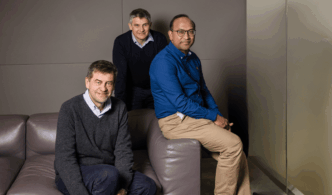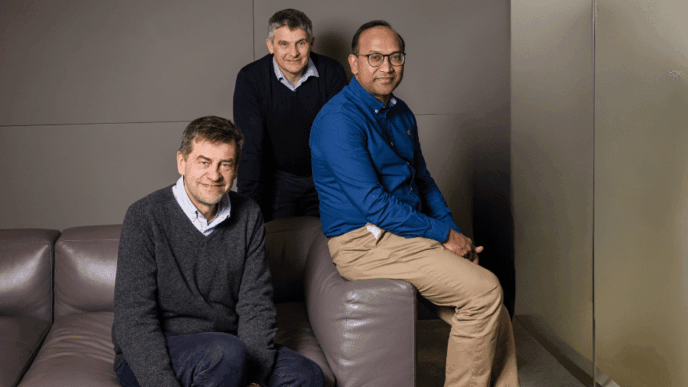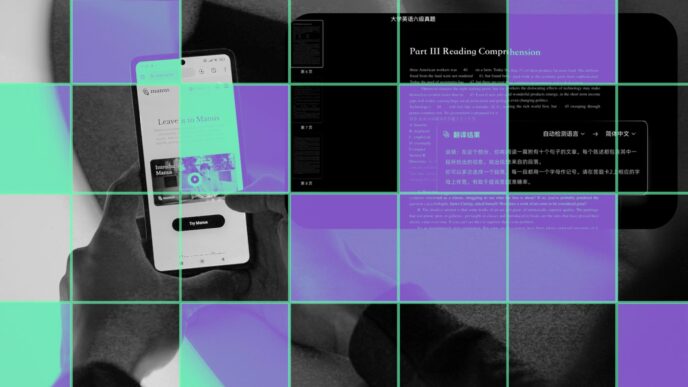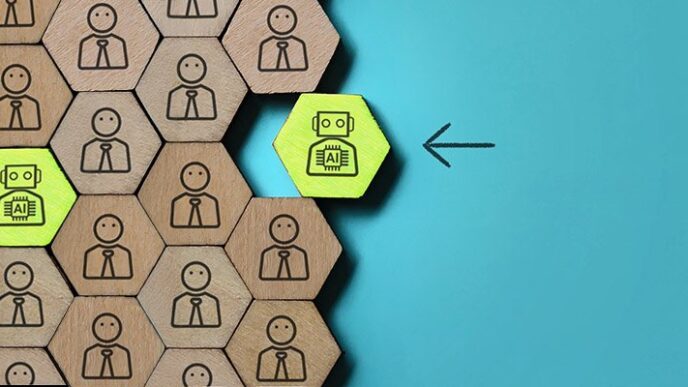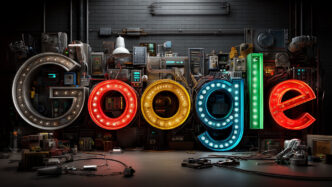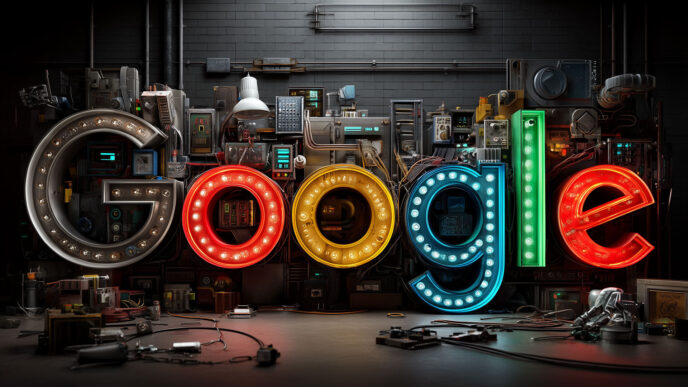Artificial Intelligence is reshaping daily life. As it excels at tasks like writing, designing, and coding, many are questioning if we’re entering a new cognitive era.
Data indicates that generative AI tools are becoming indispensable. Graphic designers are using AI for rapid logo creation. Marketers are testing AI-generated customer profiles. Software developers are deploying AI coding assistants. Meanwhile, students are leveraging AI to draft essays at record speed.
This shift raises critical concerns. What happens to creativity when people rely more on AI? Will originality suffer? The parallels with the Industrial Revolution are striking—mass production stripped goods of individuality. Now, could automated thought lead to similar mediocrity in creativity?
Echoes of the Industrial Revolution
The Industrial Revolution replaced crafted goods with uniform products. Today, AI makes it too easy to generate competent content—emails, ads, reports—while sacrificing depth and uniqueness. As output becomes faster and “good enough,” there’s a risk of losing richness in human work.
The Rise of Algorithmic Mediocrity
AI tools like ChatGPT, Claude, and Gemini don’t actually think. They consume vast datasets and spit out predictable results. They excel in producing content that’s formulaic but lacks that human spark.
AI often mirrors our past creations, functioning best when originality isn’t the goal. It can generate passable content quickly, but this convenience may come at the cost of uniqueness.
When AI Sparks—and Stifles—Creativity
Research shows mixed results on AI’s impact on creativity. In creative challenges, users of AI tools produced ideas that were more creative on average compared to those who didn’t use AI. However, those relying on AI ended up with less diversity in their ideas, limiting true creative breakthroughs.
"The outputs of generative AI systems are most closely aligned with the values and worldviews of wealthy, English-speaking nations."
The danger lies not in the quality of AI content but in how it can shape our thinking and problem-solving habits. Brief interactions with AI can subtly alter how we tackle challenges, leading to a dependency on its outputs.
Navigating the Cognitive Revolution
Authentic creativity requires leaps beyond mere recombination. It thrives on cross-disciplinary thinking and real-world experience.
The ultimate test is cultural. As AI creates waves of synthetic content, how do we maintain the essence of human creativity?
AI will automate many cognitive tasks, but it also holds the potential for new forms of thinking and innovation. Whether this leads to intellectual flourishing or dependency still hangs in the balance.



